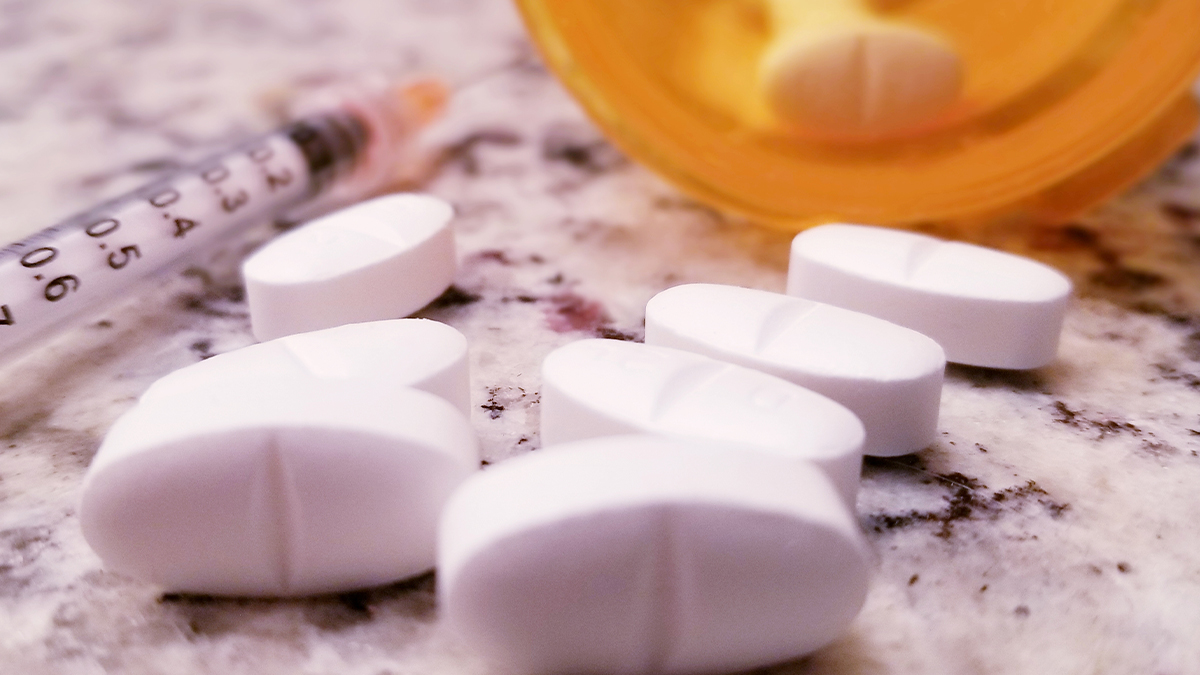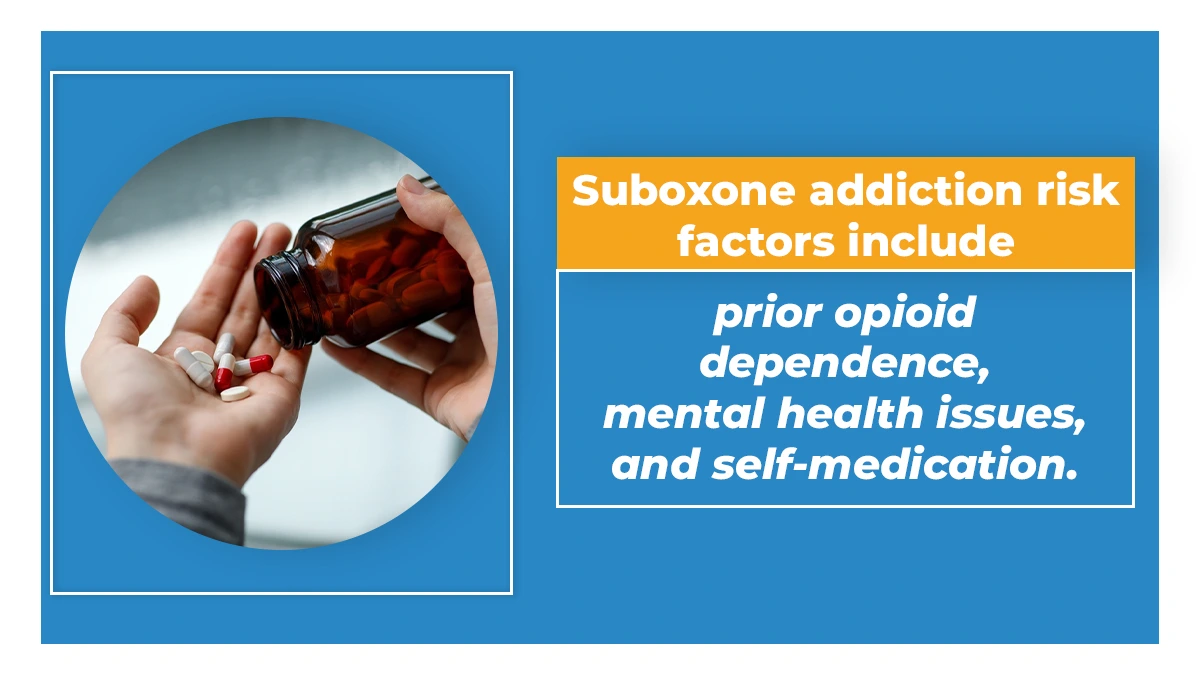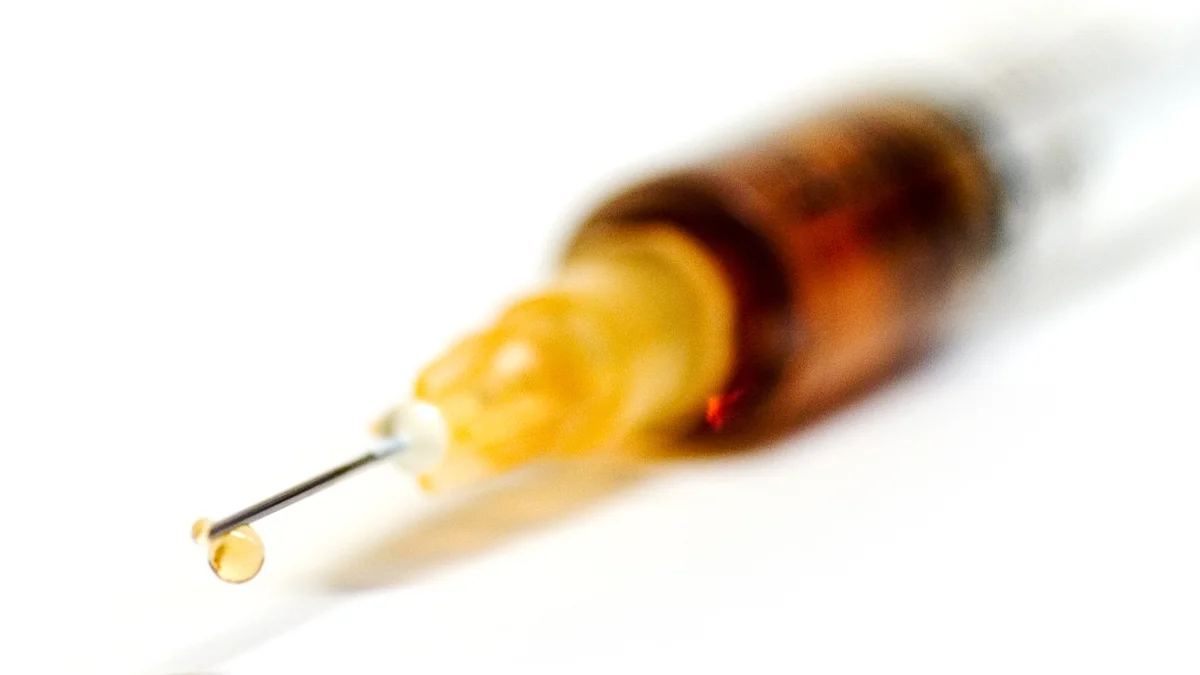
Lyrica With Suboxone: Risks And Safe Practices
The Recovery Team-Newton explores whether taking Lyrica with Suboxone is safe. Explore potential risks and guidelines

Suboxone is a medication used in the United States to treat opioid addiction. Misuse of Suboxone can lead to addiction.
This medicine contains two active ingredients: buprenorphine and naloxone. Suboxone comes in the form of dissolvable films or tablets, typically taken once a day. It should be used as part of a comprehensive addiction treatment plan, which may include counseling and support.
Seeking help is a pivotal step toward recovery. It is crucial to understand the risks and consequences of misusing Suboxone, as it can have a detrimental impact on individuals who are struggling with opioid addiction.
Suboxone is used in the US to treat opioid addiction. Here’s what you need to know about Suboxone:
The Recovery Team-Newton offers compassionate and practical support for addiction recovery. Call us at (508) 978-2772 to explore our services.
While Suboxone is a vital tool in the treatment of opioid addiction, it’s essential to recognize that, like any medication, it can be misused or lead to addiction itself. Here are some common symptoms and signs of Suboxone addiction:
Suboxone should always be used as prescribed by a healthcare specialist to minimize the risk of addiction. If you or someone you know is showing signs of Suboxone addiction, seeking help from a healthcare provider is vital for a safe and effective recovery journey.
Identifying the need for treatment for Suboxone addiction is a crucial step in the recovery process. If you or someone you know is experiencing the symptoms of Suboxone addiction mentioned earlier, it’s essential to seek help. Here are some clear indicators of when to seek treatment:
Addiction is a medical condition, and seeking treatment can provide the support, tools, and guidance necessary to overcome Suboxone addiction and regain control of one’s well-being.
If you suspect that a loved one is struggling with Suboxone addiction, it can be a challenging and emotional situation. It’s essential to approach this delicate issue with care and understanding.
First, start by having an open and non-judgmental conversation with your loved one. Express your concern, love, and willingness to support them in seeking help. Please encourage them to be honest about their struggles.
Next, do some research to understand Suboxone addiction and available treatment options. Knowledge can empower you to offer informed guidance.
Consider organizing an intervention with the help of a professional interventionist if your loved one is resistant to treatment. It can help create a structured and supportive environment for them to consider getting help.
Addiction can be isolating, so continue offering your love and support throughout the recovery journey of your loved one. Be patient, as recovery is a process that may include setbacks. Motivate them to seek professional assistance, and if necessary, help them find a treatment program that suits their needs. Your unwavering support can be a lifeline on their path to recovery.
While Suboxone is a valuable medication for treating opioid addiction, it is not immune to misuse and addiction itself. Several factors contribute to the development of Suboxone addiction:
Suboxone addiction is treatable, and professional help is available. Knowing the causes can prevent and address the issue, promoting a safer recovery process.
Several risk factors can expand the likelihood of developing an addiction to Suboxone, a medication used to treat opioid addiction. These risk factors play a pivotal role in early intervention and prevention.
These unique risk factors can help individuals and healthcare providers take proactive steps to minimize the risk of Suboxone addiction. It stresses the significance of a holistic approach to addiction treatment, addressing both physical and psychological aspects and monitoring medication use closely to ensure it serves as a safe and influential part of the recovery process.
Suboxone, a medication designed to assist in opioid addiction treatment, has both positive and potential side effects. Its primary positive effects include reducing opioid cravings and withdrawal symptoms and supporting recovery.
However, like any medication, it can have side effects, including dizziness, constipation, and nausea. When used as prescribed and under medical supervision, the benefits usually outweigh the side effects, aiding individuals in long-term recovery.
To ensure its safe and effective use, it is crucial for healthcare professionals to carefully monitor Suboxone use, adjusting dosage and treatment plans as needed to optimize its positive effects while minimizing adverse ones.
When it comes to Suboxone addiction, an essential component of effective treatment is a combination of medication and supportive services. Suboxone is a valuable tool in addressing opioid addiction, but it is most effective when used within a comprehensive treatment plan. Here’s a closer look at the treatment services that complement Suboxone therapy:
Remember, Suboxone, when used in conjunction with these treatment services, offers a well-rounded approach to combating opioid addiction. Each individual’s needs are unique, and a personalized treatment plan can be the key to long-term recovery and a substance-free life.
Suboxone is primarily prescribed for the treatment of opioid use disorder (OUD). It contains buprenorphine, a partial agonist at the opioid receptor, which helps reduce cravings and withdrawal symptoms associated with opioids like heroin.
Unlike full opioid agonists, Suboxone has a ceiling effect, lowering the risk of respiratory depression and overdose. It’s often used in medication-assisted treatment (MAT) along with behavioral therapy, providing a comprehensive approach to address OUD, making it a valuable prescription medication in the fight against opioid overdose and addiction. Common side effects may include mild nausea, headache, and constipation.
Suboxone is not primarily used as a painkiller. It contains buprenorphine, an opioid medication, and naloxone, an opioid antagonist.
Suboxone is specifically formulated for the treatment of opioid use disorder (OUD) and is used in maintenance treatment. While it can help manage pain to some extent, long-term use may lead to serious side effects. It should not be used as a general painkiller, and individuals with pain issues should consult a healthcare provider for appropriate pain management.
If someone experiences difficulty breathing, low blood pressure, or other serious side effects from Suboxone, they should seek immediate medical help. Using herbal remedies or altering the daily dose of buprenorphine without professional guidance can pose a risk of overdose and other complications.
The Recovery Team-Newton puts compassion at the forefront of addiction recovery. Our medication-assisted treatment wields the power of science to shatter the chains of addiction, while the partial hospitalization program ensures that you’re never alone on your transformative journey.
Our outpatient program lets you reclaim your life while maintaining your daily rhythm, and our dual diagnosis treatment provides holistic care for co-occurring conditions.
A new chapter awaits. Call us at (508) 978-2772, and let’s script a tale of hope, resilience, and a future reclaimed at The Recovery Team-Newton.

The Recovery Team-Newton explores whether taking Lyrica with Suboxone is safe. Explore potential risks and guidelines

Learn about Suboxone injection side effects and explore recovery solutions in this guide by The Recovery Team-Newton.